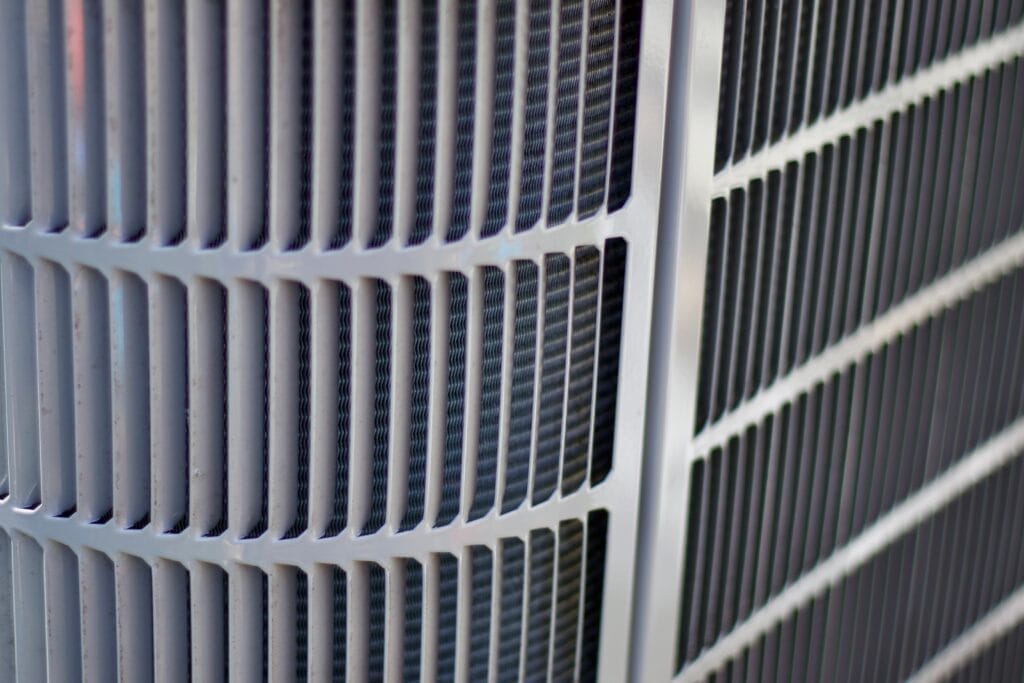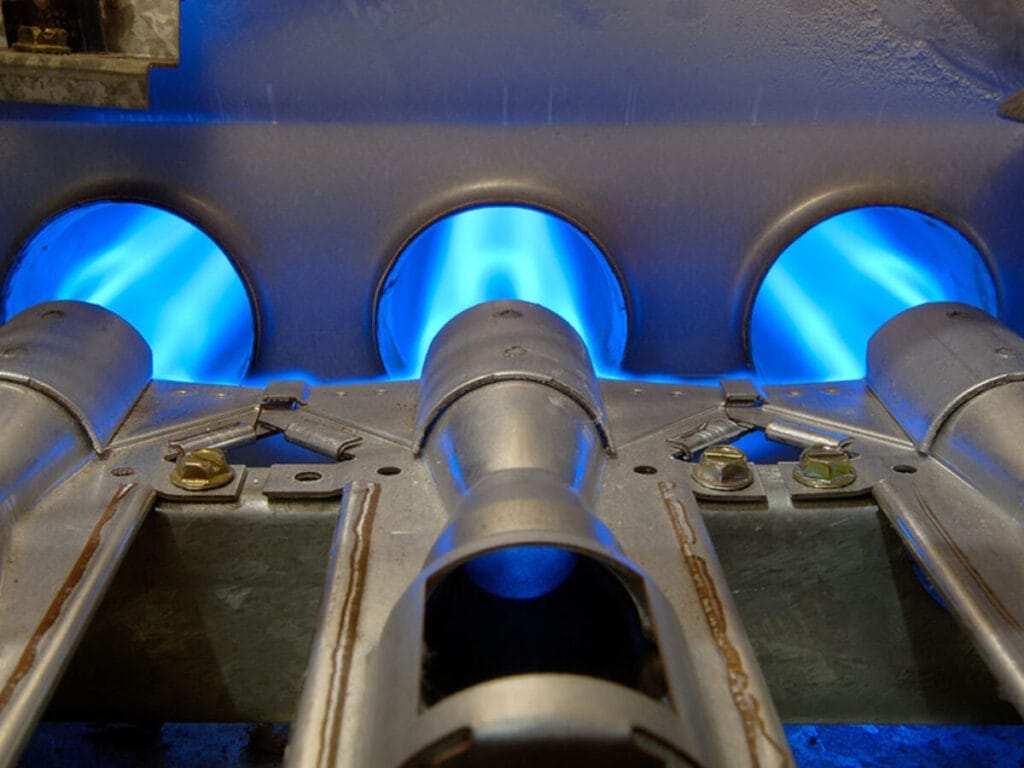
Wondering how to choose the best HVAC system? Choosing the right HVAC system for your home in Colorado can be a challenge. With the state’s unique climate, which ranges from freezing winters to hot summers, it’s important to find a system that provides both reliable heating and cooling. This guide will walk you through the key factors to consider when choosing the best HVAC system for your Colorado home, ensuring comfort, energy efficiency, and long-term performance.
1. Consider Colorado’s Climate
Colorado’s diverse climate is one of the biggest factors to keep in mind. Depending on where you live, winters can be extremely cold and summers can be hot, with significant temperature swings in a single day.
- Winter Heating: If you live in higher altitudes like Denver or Colorado Springs, you’ll need an efficient heating system to handle freezing temperatures. A furnace or heat pump that operates effectively in cold weather is essential.
- Summer Cooling: Central air conditioning or ductless mini-split systems work well for the hot summers, providing powerful cooling to keep your home comfortable.
Local Insight: In Colorado, temperatures can vary dramatically even within a single day, so having an HVAC system that adapts quickly is key for maintaining comfort.
2. Prioritize Energy Efficiency
Energy efficiency is a top concern for Colorado homeowners, given the rising energy costs and the state’s focus on sustainable living. Choosing an HVAC system with high-efficiency ratings can save you money in the long run.
- SEER (Seasonal Energy Efficiency Ratio): This rating measures the efficiency of air conditioners. Look for a SEER rating of 16 or higher for optimal performance.
- AFUE (Annual Fuel Utilization Efficiency): For heating systems, choose a furnace with an AFUE rating of 90% or above to ensure that most of the energy used is converted into heat, reducing energy waste.
Pro Tip: Colorado’s dry climate makes heating systems work harder, so investing in energy-efficient systems is especially important to lower long-term utility costs.
3. Furnace vs. Heat Pump: What’s Best for You?
Colorado homeowners often choose between furnaces and heat pumps for heating. Here’s how to decide which system is best for your home:
- Furnaces: These systems are ideal for areas with colder winters, like Denver and Colorado Springs. They operate on natural gas or electricity and provide powerful heat to keep your home warm during freezing temperatures.
- Heat Pumps: Heat pumps are versatile, providing both heating and cooling. They’re more energy-efficient than furnaces and work best in milder climates, though modern heat pumps can handle cold temperatures effectively with the right setup.
Local Angle: For higher elevation areas where winters are harsher, furnaces are often preferred. Heat pumps are a great option for homes in lower elevations or regions with milder winters.
4. Don’t Forget Humidity Control
Colorado is known for its dry air, particularly in the winter months. Dry air can cause discomfort, such as dry skin and respiratory issues, and can even damage wooden furniture or flooring.
- Whole-Home Humidifiers: Consider adding a whole-home humidifier to your HVAC system. It will help maintain a comfortable indoor humidity level, especially during the colder months.
Pro Tip: A humidifier will not only enhance your comfort but also help protect your home’s interior from the effects of overly dry air.
5. Look Into Smart Technology for Energy Savings
Upgrading to an HVAC system with smart features can make a significant difference in both comfort and energy efficiency. Colorado homeowners can take advantage of these advanced technologies to optimize their HVAC system.
- Smart Thermostats: These devices allow you to control your HVAC system remotely and automatically adjust temperatures based on your preferences. They can help reduce energy consumption by turning the system off when you’re not home and learning your schedule over time.
- Zoning Systems: Zoning allows you to control the temperature in different areas of your home independently. This is particularly useful in larger homes or homes with multiple floors, where temperatures may vary from room to room.
Local Angle: Colorado’s energy-conscious homeowners can benefit from smart thermostats and zoning systems to optimize heating and cooling while saving on utility bills.
6. Don’t Overlook Installation Quality
Even the best HVAC system won’t perform well if it’s not installed properly. Choosing a qualified, local HVAC contractor like Top Shelf Electric, Heating, & Plumbing ensures your system is installed to work efficiently and effectively for your specific home.
- Why It Matters: Proper installation extends the life of your HVAC system, optimizes energy use, and reduces the need for costly repairs down the line.
Local Insight: Partnering with a trusted local contractor also means quicker service for repairs or maintenance, especially during Colorado’s unpredictable weather.
Conclusion: Get the Best HVAC System for Your Colorado Home
Selecting the best HVAC system for your Colorado home requires careful consideration of climate, energy efficiency, and comfort. By choosing a system that matches your needs, investing in smart technology, and working with a professional installer, you can ensure your home remains comfortable and efficient year-round.
Call to Action:
Looking to upgrade or install a new HVAC system? Contact Top Shelf Electric, Heating, & Plumbing today for expert advice and installation tailored to your Colorado home. Our experienced team can help you choose the right system for optimal comfort and efficiency.


